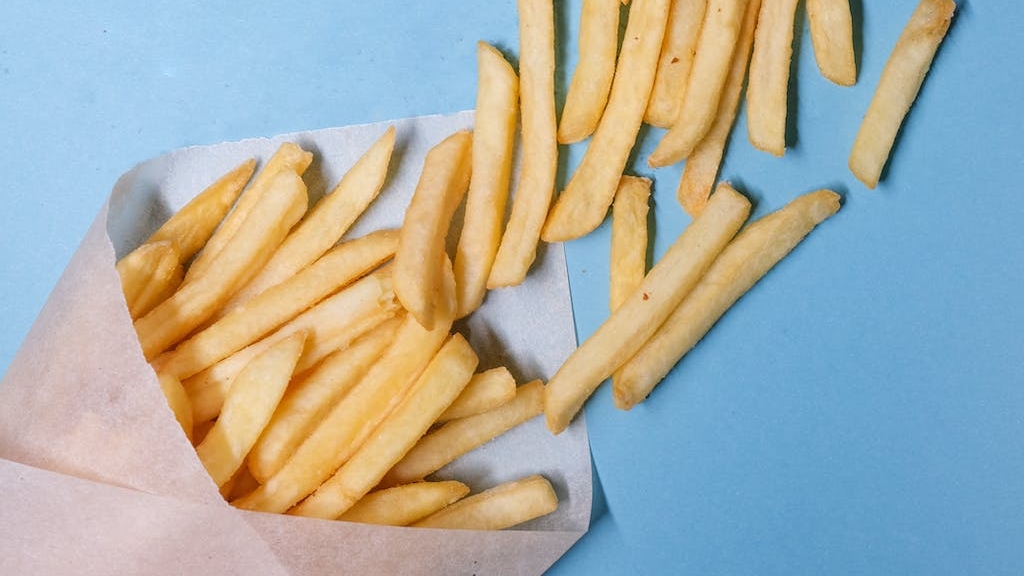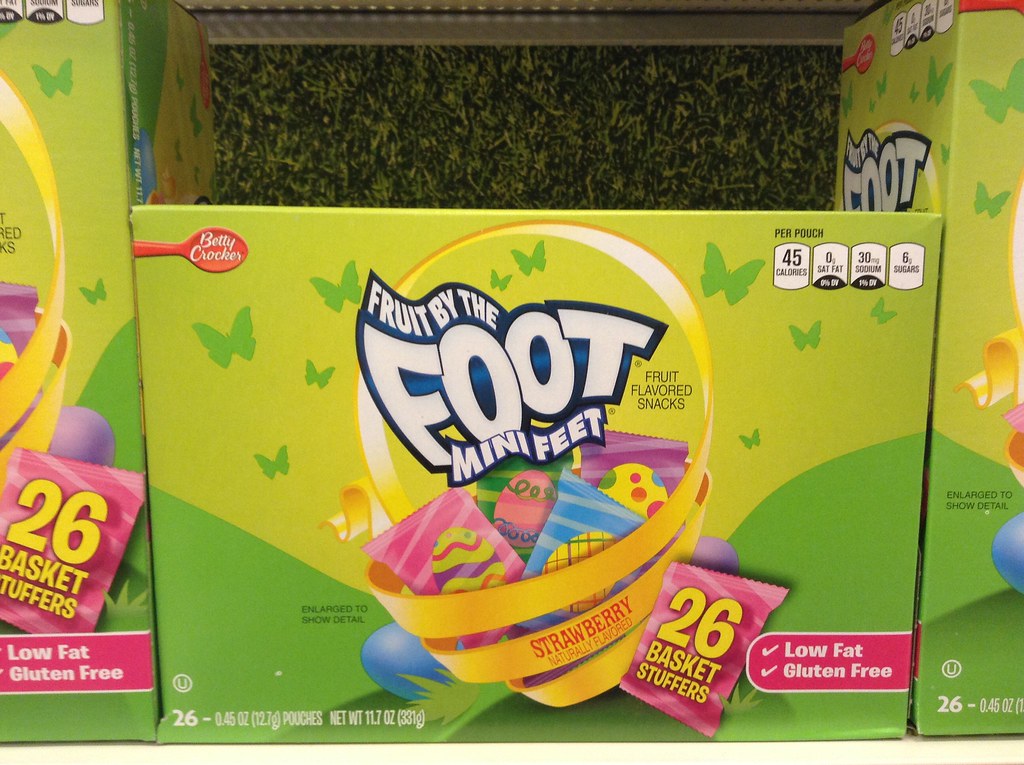Key Takeaways
- Dogs should not be fed crackers with salt on a regular basis.
- Salt can be harmful to dogs and may lead to various health issues.
- Excessive salt intake can cause dehydration in dogs.
- Crackers with salt may contribute to high blood pressure or heart problems in dogs.
- It is always best to consult with a veterinarian before introducing any new food to your dog’s diet.
- Plain, unsalted crackers occasionally may be fine as a treat, but moderation is key.
- Opt for dog-friendly treats that are specifically formulated for their nutritional needs.
- Watch out for any signs of discomfort or unusual behavior after feeding your dog crackers with salt.
- Remember to prioritize your dog’s well-being and provide a balanced and appropriate diet.
Summary
Can dogs eat crackers with salt? The answer is no, dogs should not eat crackers with salt, as excessive salt can be harmful to their health. However, the rest of the article delves into the topic in more detail, discussing the potential dangers of salt for dogs, the symptoms of salt poisoning, and offering alternative snack options that are safe and healthy for our furry friends. So, if you want to ensure the well-being of your canine companion and learn more about suitable treats for them, keep reading!

Can Dogs Eat Crackers with Salt?
Many dog owners wonder whether it is safe to give their furry friends crackers with salt. While dogs can technically eat crackers, it is important to be cautious about the salt content. Salt, in large amounts, can be harmful to dogs and lead to various health issues.
Potential Health Risks
Excessive salt intake can cause dehydration in dogs, leading to increased thirst and frequent urination. It can also put strain on their kidneys, potentially leading to kidney problems. Additionally, too much salt can result in electrolyte imbalances, which can be dangerous for dogs.
Low-Sodium Alternatives
If you want to treat your dog with crackers, it is advisable to opt for low-sodium varieties. These crackers contain significantly less salt and are a safer option for your furry companion. Always check the ingredient list and choose crackers with minimal salt content or those specifically made for dogs.
Portion Control
Even if you choose low-sodium crackers, it is crucial to practice portion control. Dogs have different dietary needs than humans, and excessive consumption of any food, including crackers, can lead to digestive issues. Limit the amount of crackers you give to your dog and consider them as an occasional treat rather than a regular part of their diet.
Monitor for Allergic Reactions
Some dogs may be allergic to certain ingredients commonly found in crackers, such as wheat or artificial additives. Keep a close eye on your dog after giving them crackers for the first time and watch for any signs of allergic reactions, including itching, vomiting, or diarrhea. If any adverse symptoms occur, consult your veterinarian.
Consult Your Veterinarian
If you are unsure about whether your dog can safely eat crackers with salt, it is always best to consult your veterinarian. They can provide personalized advice based on your dog’s specific dietary needs, health conditions, and any potential risks associated with consuming crackers.
Recipes and Alternatives to crackers with salt for dogs
Crackers with salt can be harmful to dogs and should be avoided. High sodium content in salted crackers can contribute to dehydration and other health issues in dogs. It’s better to provide them with healthier and dog-friendly snacks. Here are some alternative foods that are safe for dogs:
- Carrot sticks
- Apple slices (without seeds and core)
- Blueberries
- Peanut butter (in moderation)
- Plain, unsalted crackers
FAQ: Can Dogs Eat Crackers with Salt?
1. Can dogs eat crackers with salt?
It is generally not recommended to feed dogs crackers with salt. While small amounts of plain crackers may be safe for dogs, the high salt content in crackers can be harmful to their health.
2. Why is salt bad for dogs?
Excessive salt consumption can lead to various health issues in dogs. Dogs have much smaller bodies compared to humans, making their organs more susceptible to the harmful effects of salt. Too much salt can lead to thirst, excessive urination, dehydration, kidney damage, and even sodium ion poisoning.
3. What are the signs of salt poisoning in dogs?
The signs of salt poisoning in dogs may include excessive thirst, increased urination, vomiting, diarrhea, lack of appetite, lethargy, tremors, seizures, and in severe cases, it can even be fatal. If you suspect your dog has consumed too much salt, it is important to seek veterinary assistance immediately.
4. Are there any crackers that are safe for dogs to eat?
While crackers with salt should be avoided, there are some plain, unsalted crackers that may be safe for dogs in moderation. It is always best to check with your veterinarian before introducing any new food to your dog’s diet.
5. Can dogs have flavored crackers?
Flavored crackers often contain additional ingredients such as spices, herbs, cheese, or other seasonings that may not be safe for dogs. Dogs have sensitive digestive systems, and certain additives or flavors can cause stomach upset or even be toxic to them. It is best to stick to plain crackers without any extra flavorings.
6. Can dogs have whole wheat crackers?
Whole wheat crackers may be a healthier choice compared to regular crackers, but moderation is still key. Some dogs may have difficulty digesting whole wheat, leading to digestive upset or allergic reactions. It is best to introduce any new food slowly and in small amounts to watch for any adverse reactions.
7. Are there any alternatives to crackers for dogs?
Yes, there are plenty of dog-friendly alternatives to crackers that can be used as treats or snacks. Some safe options include carrots, apple slices, banana slices, plain rice cakes, or commercially available dog treats specifically made for canine consumption. These alternatives can provide a healthier and safer option for dogs to enjoy.
8. How should treats like crackers be given to dogs?
If you decide to give your dog a small amount of plain unsalted cracker as an occasional treat, it is important to break it into small pieces to avoid any choking hazards. Additionally, treats should never constitute a large portion of a dog’s diet and should be given in moderation to prevent weight gain or nutritional imbalances.
9. Can dogs eat saltine crackers?
Saltine crackers are typically high in salt content and should be avoided. Just like regular crackers with salt, saltine crackers are not a recommended treat for dogs.
10. What should I do if my dog accidentally eats crackers with salt?
If your dog accidentally consumes crackers or any food with salt, it is essential to monitor them for any signs of salt poisoning. Ensure they have access to plenty of fresh water to help flush out the salt content from their system. If your dog exhibits any concerning symptoms, it is always best to consult with your veterinarian for proper guidance and advice.
Conclusion
In conclusion, while dogs can technically eat crackers with salt, it is not recommended. Salted crackers can be harmful to dogs, as excessive salt intake can lead to dehydration, electrolyte imbalances, and even sodium poisoning. Additionally, the high sodium content in salted crackers can put strain on a dog’s kidneys and cardiovascular system. It is always best to consult with a veterinarian before introducing any new food into your dog’s diet. If you want to give your dog a treat, opt for unsalted crackers or choose dog-friendly snacks that are specifically formulated for their dietary needs.
📚 Sources:











